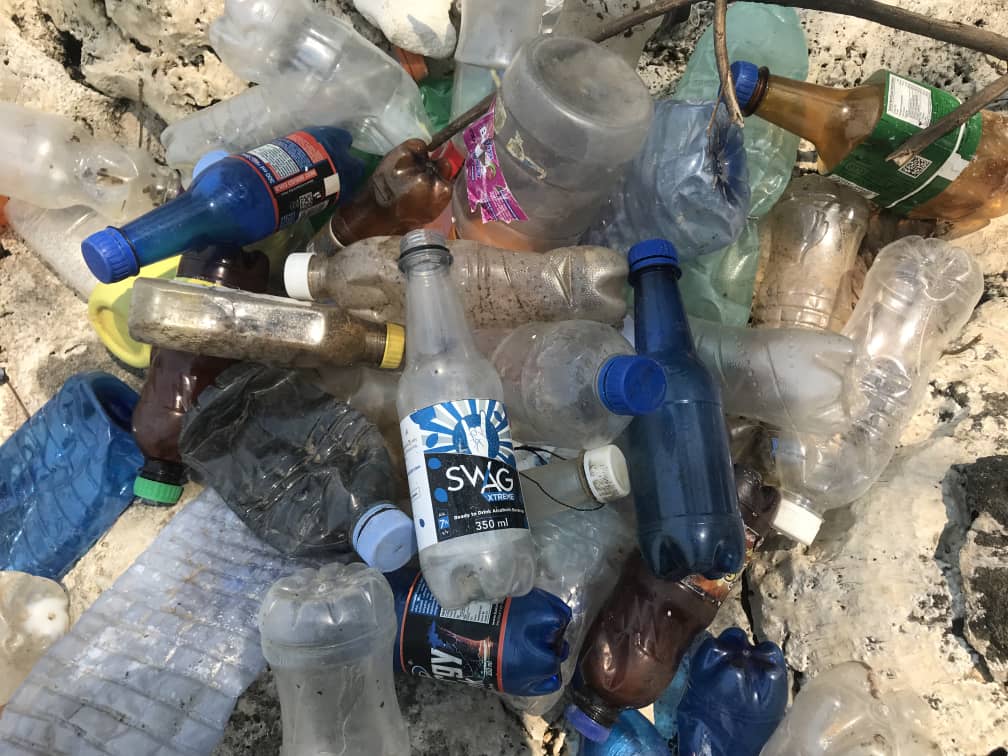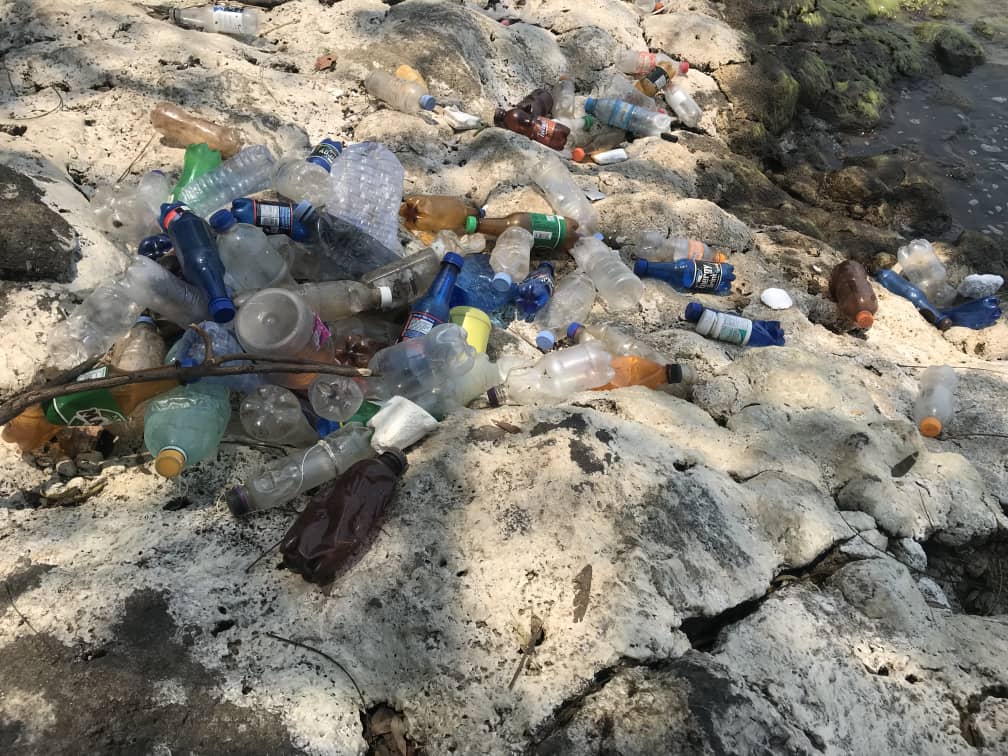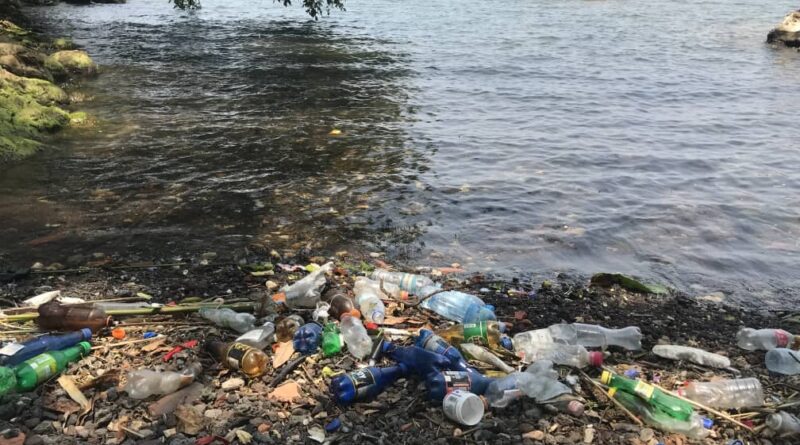Plastic waste from Goma threatens Rwanda’s environment
In various areas along the shores of Lake Kivu, particularly on the Rubavu district side, it is difficult to visit without encountering people cleaning up. This effort is part of a new strategy to combat plastic waste dumped into the water by residents of Goma, Congo, which is carried to Rwanda by the wind.
This waste, mostly plastic bottles, is a major environmental pollutant, posing threats to both human health and the broader ecosystem. Environmental degradation significantly contributes to climate change, partly due to the damage done to the ozone layer.
Rubavu residents say most of the plastic waste found on Lake Kivu’s shores is dumped into the lake by Congolese residents. Niyomugabo Alexis, who offers boat rides on the public shoreline of Lake Kivu, says, “These bottles float on the water from Congo, carried by the wind and causing pollution. However, here in Rwanda, we’ve implemented strict cleanliness measures, ensuring no one litters indiscriminately.”
He adds that Congolese often take advantage of windy conditions to dump their waste into the lake, which the wind then carries into Rwanda. He calls for dialogue between the authorities on both sides to put an end to this practice.
A local woman who cleans the shores of Lake Kivu explains, “The way these bottles come packed in bags shows they originate from Goma. They disregard the damage to the environment, while we’ve already understood the importance of cleanliness, which boosts our business. Even foreign visitors commend our efforts.”
She emphasizes the need for discussions between Goma and Gisenyi officials to ensure proper waste management.
Rubavu district mayor Mulindwa Prosper acknowledges the issue, stating that they have taken measures against the plastic waste dumped into the water from Goma. “Plastic waste harms the environment, contaminating water, endangering aquatic life, and even affecting humans since most of it comes from industrial sources. However, we’ve implemented strategies to remove the waste before it reaches the shore,” he explains.
One such measure is deploying boats to monitor cleanliness and increasing the number of workers cleaning the shores of Lake Kivu to preserve Rubavu’s image, undisturbed by the waste from neighboring countries.
Besides its impact on human health, plastic waste severely damages the environment, hindering soil fertility, which is why Rwanda’s government is firmly addressing the issue.



